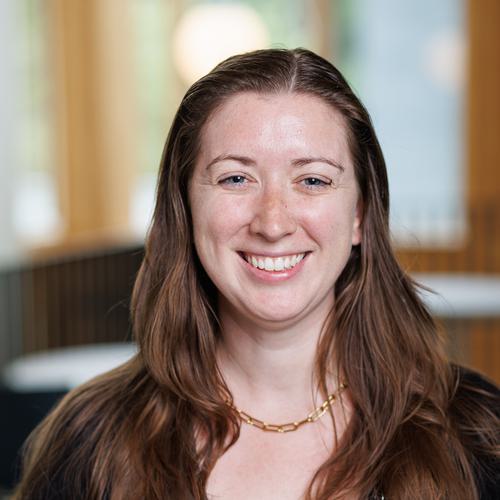
Aubree Jones
Visiting Assistant Teaching Professor in Biological Sciences
Research and teaching interests in comparative anatomy & physiology of vertebrates, organismal biology, sensory biology, neurobiology, evolutionary biology.
My research experience covers a broad number of topics in vertebrate ecomorphology - the intersection between anatomy/morphology and species ecology. I am interested in how organisms' biology has adapted to their environment, diet, and/or behavior. My past research at Texas A&M University at Galveston included how seal whiskers are used to follow trails generated by swimming fish, hormone levels used as a proxy for reproduction and stress in harbor seals and Steller sea lions, nesting recovery efforts for the endangered Kemp’s Ridley sea turtle, the jaw musculature of Gulf of Mexico shark species, and how salinity affects salt gland morphology in the American Alligator. My PhD dissertation studied the flow-sensing system in three species of North American freshwater fishes. I studied how their sensory systems develop and how climate change can impact development, as well as how fish use their flow-sensing systems in tandem with their other senses to feed on invertebrate prey.
I am teaching Comparative Physiology & Anatomy at Wellesley, and I have taught Human Anatomy & Physiology as well as the Diversity of Fishes at the University of Rhode Island where I completed my PhD.
Outside of the classroom I enjoy yoga, anything on the water (paddle-boarding, SCUBA, fishing, kayaking), skiing, gardening, and hiking with my best adventure buddy, my dog Winston!
Education
- B.S., Texas A & M University at Galveston
- Ph.D., University of Rhode Island